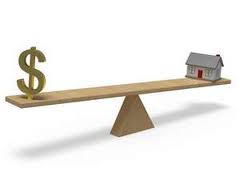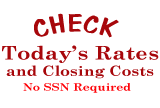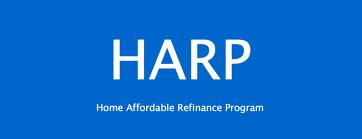 In a recent announcement (FHA Mortgagee Letter 2013-25) , HUD said that while they will continue with their basic rule that most unpaid collection accounts DO NOT need to be paid off in order to obtain an FHA loan, they now WILL require that lenders consider how a creditor’s efforts to collect the account can impact the borrower’s ability to repay the loan.
In a recent announcement (FHA Mortgagee Letter 2013-25) , HUD said that while they will continue with their basic rule that most unpaid collection accounts DO NOT need to be paid off in order to obtain an FHA loan, they now WILL require that lenders consider how a creditor’s efforts to collect the account can impact the borrower’s ability to repay the loan.
When ANY ONE, OR COMBINATION of unpaid collection accounts equal $2,000 or more, the lender now needs to factor in monthly payments of 5 percent (5%) of the outstanding balance for the account into the debt-to-income ratio. If payment arrangements were made with the creditor, then that payment must be used. This is going to be a major deal breaker for many applicants.
Collection accounts for non-purchasing spouses need to also be considered in community property states (like Wisconsin). Nothing needs to be done if the aggregate balance is under $2,000.
This additional debt-to-income requirement is sure to hurt many applicants.
Any medical accounts many be excluded from the requirement.
Impacted loans are those that have case numbers assigned on or after Oct. 15, 2013.
On disputed accounts, manual underwriting is required when the total is at least $1,000. Lenders must analyze whether collection accounts or judgments were a result of disregard for financial obligations, an inability to manage debt or extenuating circumstances.
In any event, the borrower needs to write an explanation and provide supporting documentation for each account.
All of this is just more reason to make sure you are working with an experience LICENSED Loan Officer, not an unlicensed bank application clerk.








